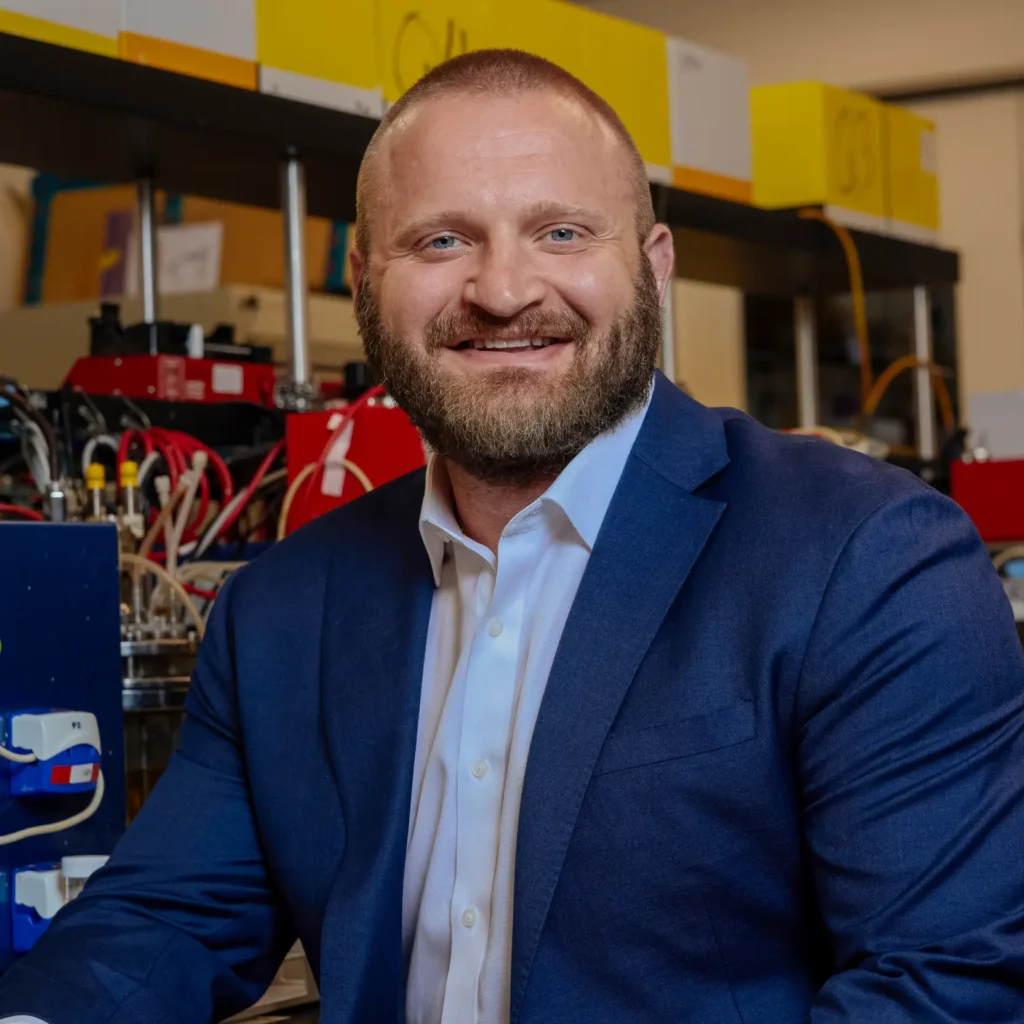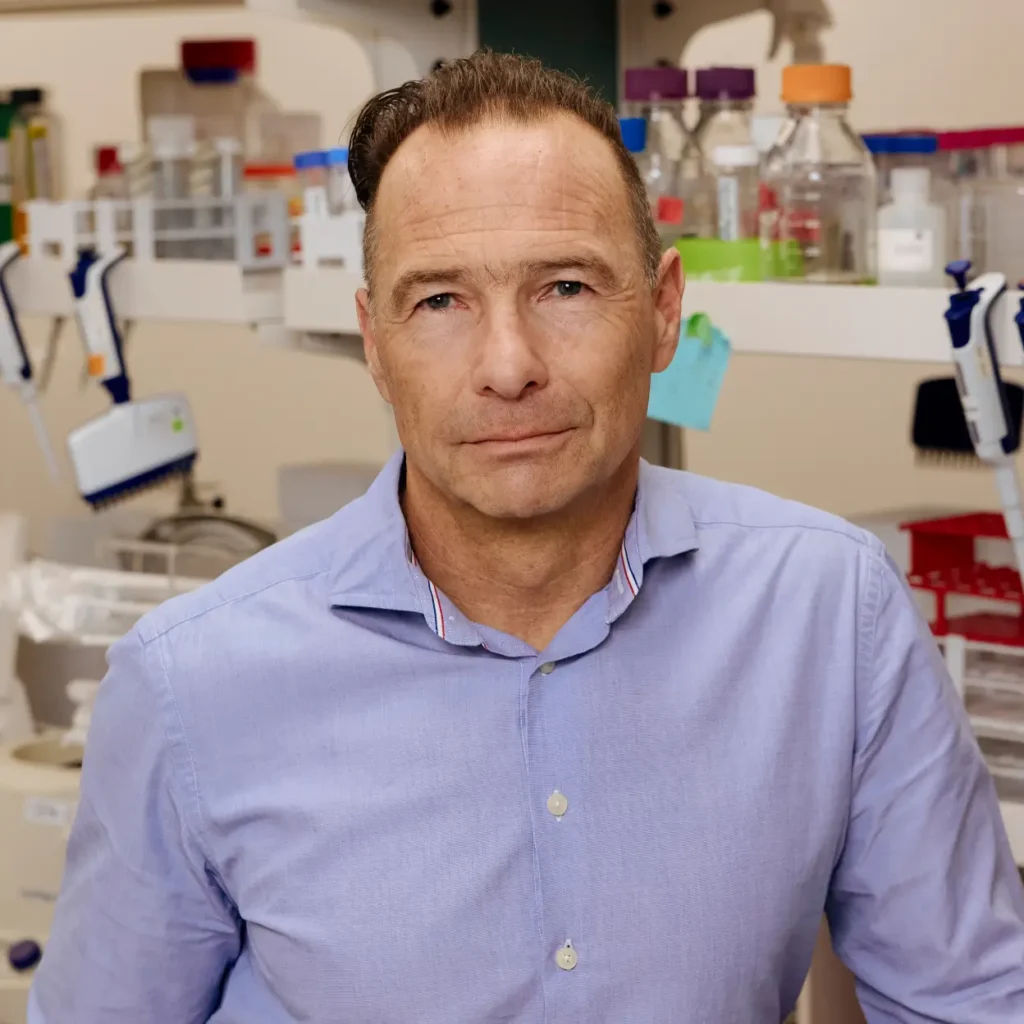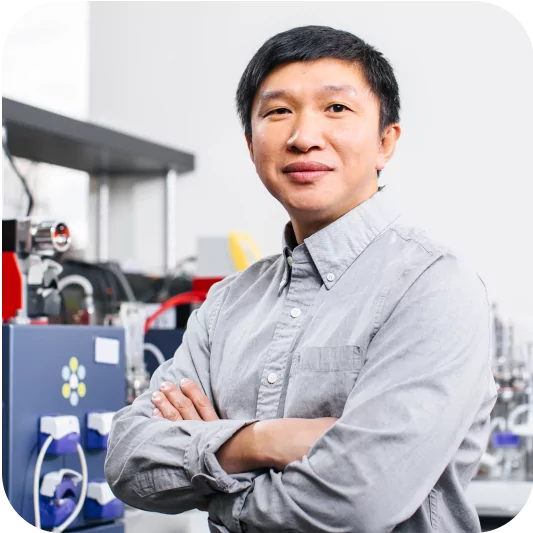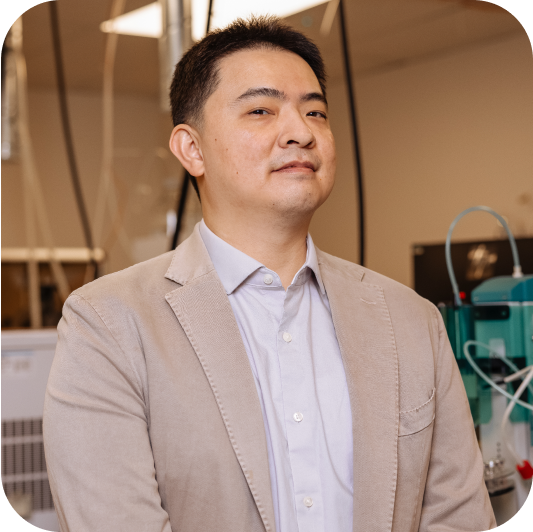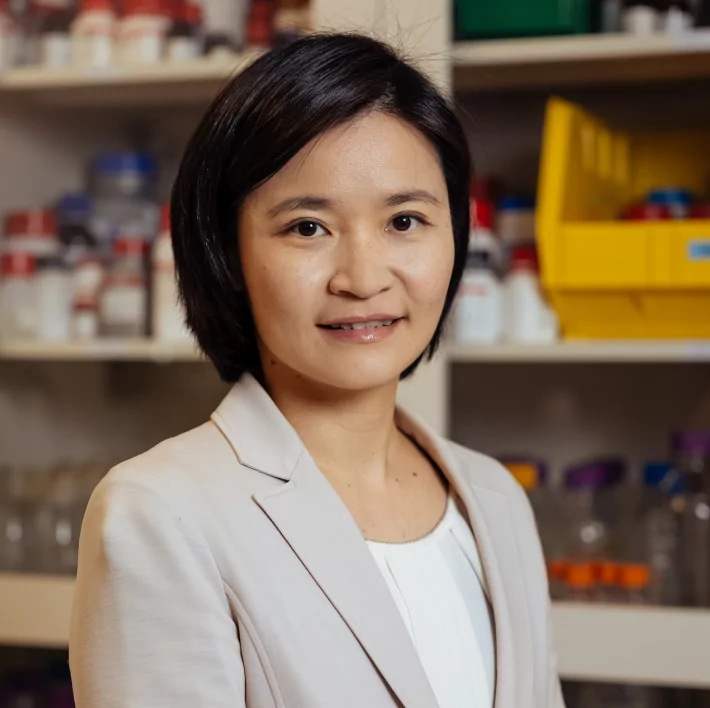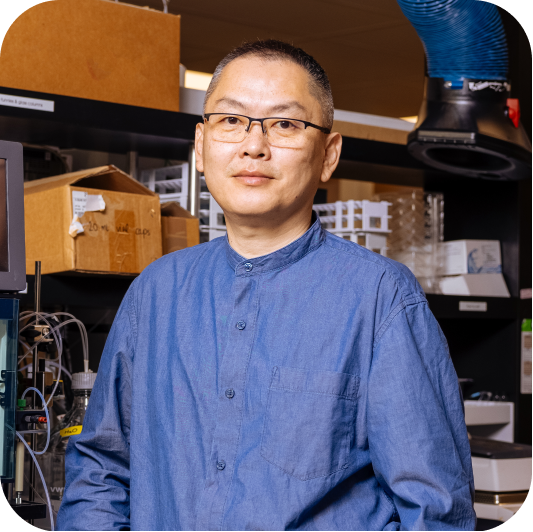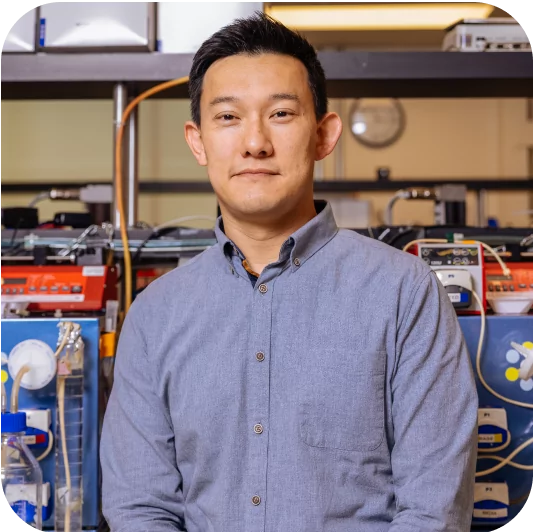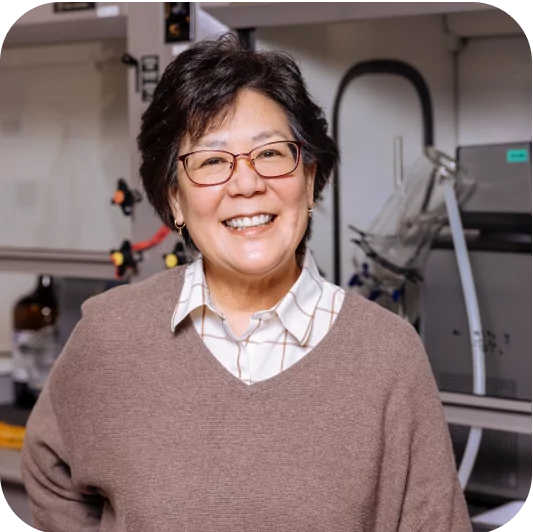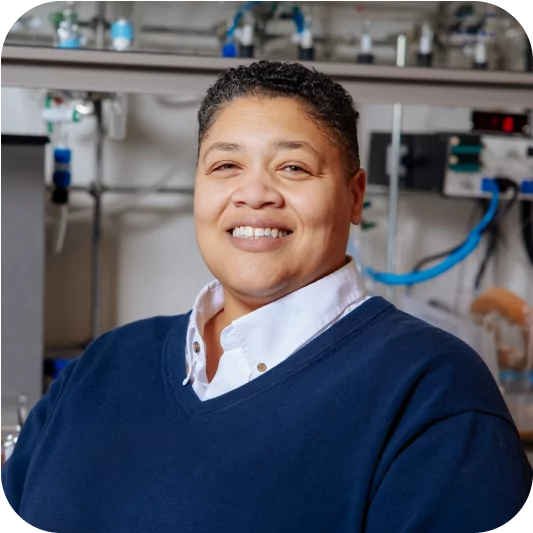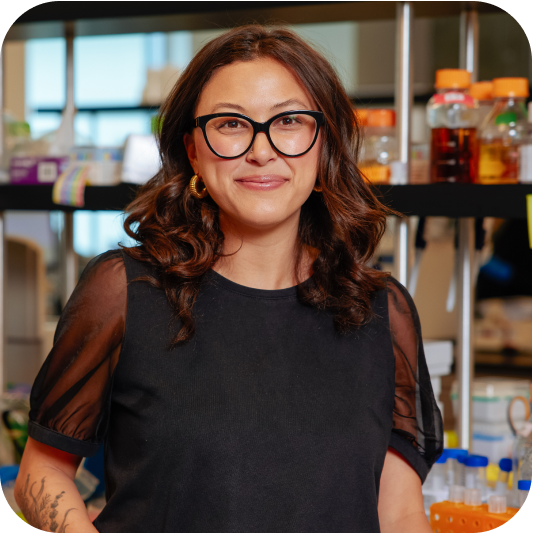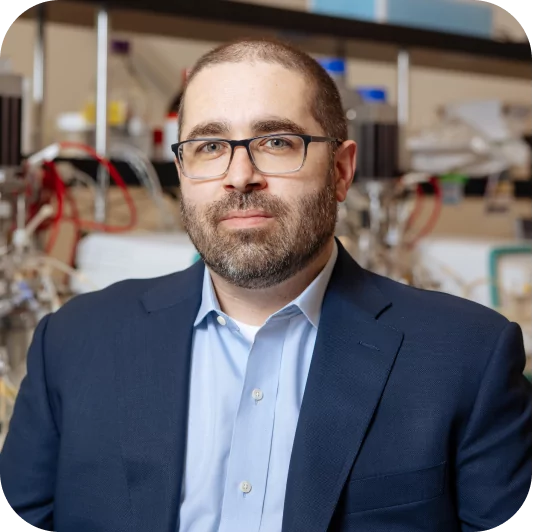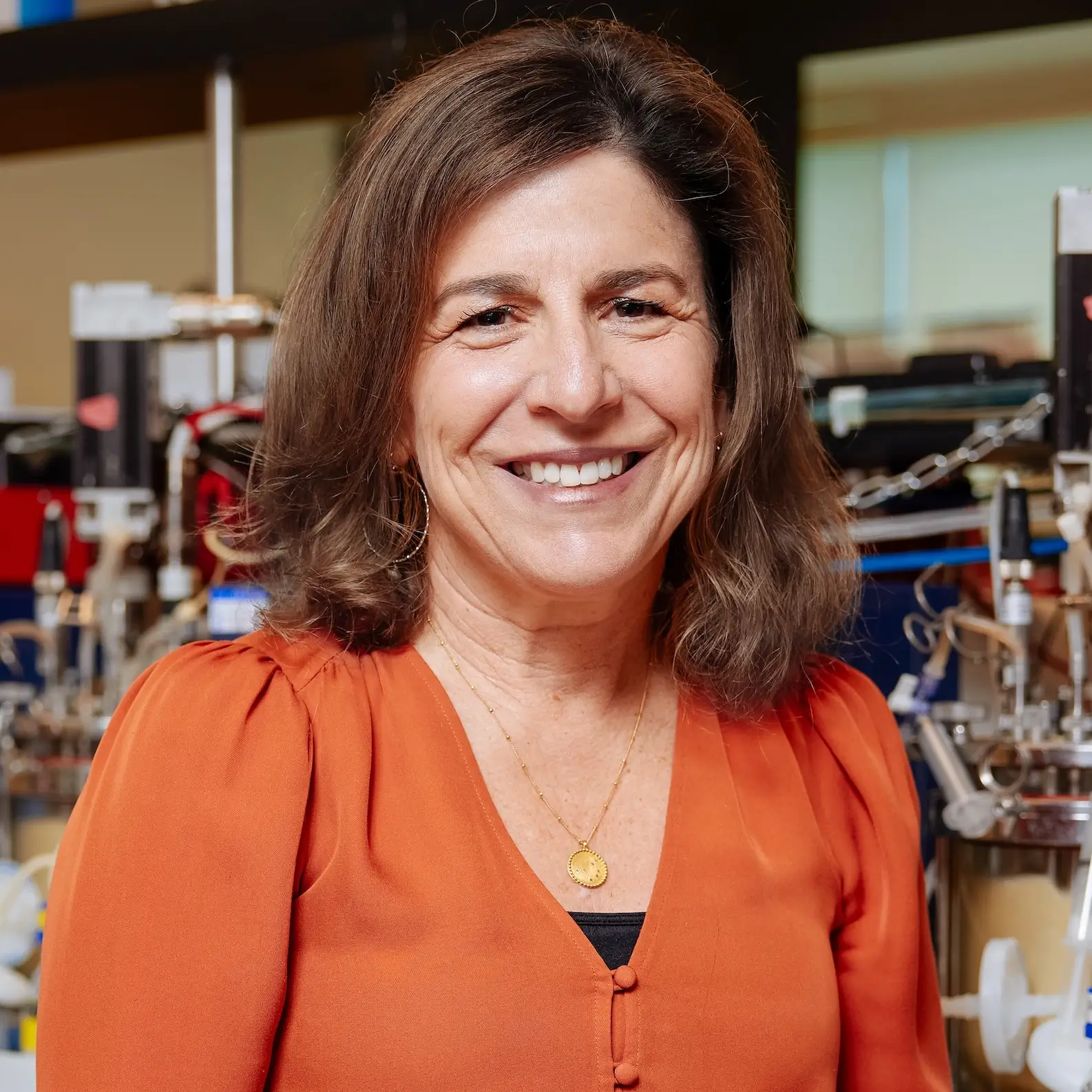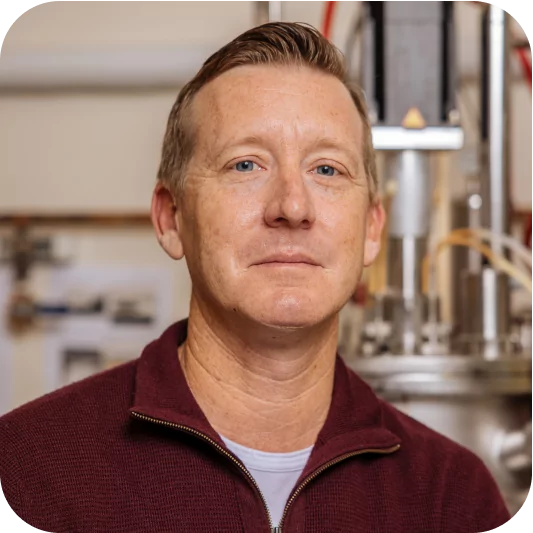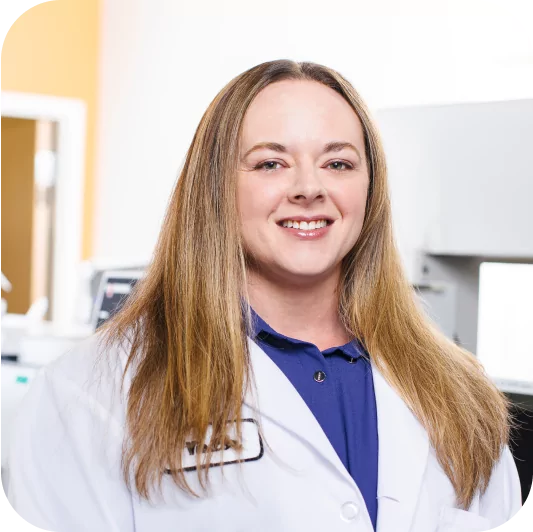Technology today is defined by superlatives: we have the fastest cars, the best medicine, and the most advanced communication tools ever known. Yet despite humanity’s technological progress, we face serious global challenges like climate change, food and health inequality, and a growing population. How can we meet even basic demands for food, clothing, and medicine in a world that’s rapidly growing and developing, without doing more harm to the environment in the process? Synthetic biology can help address these existing and emerging global challenges.
At its core, synthetic biology – also known as engineering biology or biodesign – has a straightforward mission: to build the foundation of a bio-based, sustainable economy. Like many growing fields of science, it has generated a lot of attention, resulting in myths and gaps in expectation that we aim to address here. This is the first of a blog series where Antheia will share what synthetic biology means to us, and how it is solving real-world problems.
What is Synthetic Biology?
Synthetic biology is essentially using the power of biology to make a product or even create an entirely new bio-based compound. Though the term was first coined in the early 1900s, what we know as ‘synthetic biology’ came about in the early 2000s – the result of five decades of advancement in molecular biology, genome sequencing, and DNA synthesis – focusing on the design and engineering of bio-based systems to create novel compounds and materials. The field exists in contrast to synthetic chemistry, a process that uses chemical reactions (often petrochemical-derived) to produce compounds or materials such as rubber, and offers an array of advantages that we will explore in this blog series.
At Antheia, synthetic biology involves engineering a host organism, like yeast or bacteria, to make something that it typically is unable to produce. The giant technological leaps enabling synthetic biology became transformational tools, improving our ability to read, write, and synthesize DNA – the shared language of life – at an affordable cost. For some perspective on how much this has changed, the price tag on reading the human genome has dropped from well over $10 M in 2003 to around $1,000 today. Equipped with these game-changing tools, the precision engineering of microorganisms with synthetic biology took off.
The field is interdisciplinary, leveraging tools and technologies from several fields including molecular biology, chemistry, and engineering, and applying them to a Design-Build-Test-Learn (DBTL) cycle. This iterative approach allows the industry to develop products executing complex processes like genetic engineering and fermentation. The DBTL cycle is adapted from the precision data-driven world of engineering and lets synthetic biologists harness the power of biology by precisely controlling microorganism engineering and bioprocess development. Synthetic biology as a practice has also embraced wider technologies like automation in the form of liquid handling robots and machine learning. These tools help rapidly scale the DBTL cycle and are accelerating product optimization towards manufacturing.

A Not-So-New Idea
These technologies proved themselves decades ago in therapeutics. In the 1970s, diabetics were treated with insulin extracted from pig pancreas glands, but this was extremely inefficient. A single pound of insulin required 23,500 animals. Manufacturers Eli Lilly needed 56 million animals per year to meet the growing demand in the US alone, so they turned to Genentech for a synthetic insulin solution. The Genentech team not only managed to create synthetic human insulin – one that was better tolerated by patients than the pig-derived insulin – but they also found a way to manufacture it in commercially relevant quantities. Using E. coli bacteria as a microbial factory, they replaced the trainloads of pig pancreases previously required to meet the insulin demand for diabetes patients.
A similar story unfolded for antibiotics during the Golden Age of Antibiotics from the 1950s to the 1970s. While a plethora of natural antibiotics were discovered in bacteria and fungi, including penicillin and other clinically relevant classes such as macrolides and cephalosporins, their manufacture relied on optimizing fermentation processes as well as genetic manipulation to increase yields. Early antibiotics were compromised by antibiotic resistance which developed quickly as genes encoding resistance to these natural products spread rapidly – penicillin resistance was first detected a decade after its discovery and before it was clinically approved. Cross-breeding, genetic manipulation, and chemical augmentation helped give rise to new classes of semi-synthetic and synthetic antibiotics like azoles and quinolones that we rely on today to treat antibiotic-resistant infections.
Amino acids – the building blocks of proteins and other biologically important precursor compounds – also received a boost from biomanufacturing. These building blocks are critical components of therapeutics, cleaning products, and food ingredients. Initially, amino acids were produced by chemical synthesis, but this resulted in two mirrored forms of the amino acid in equal amounts – the L-form, the active ingredient used by most life-forms, and the unspecific D-form which is often biologically inactive or causes adverse reactions and required further purification to separate. Biosynthesis by fermentation or biologically-derived enzymes became attractive alternatives to chemical synthesis, creating just one of the L or D forms depending on the metabolic pathway or enzyme specificity and so saving on purification costs. L-Alanine is an attractive target today due to its unique properties as a low-calorie sweetener and the rising demand for protein supplements.

Here, from this very definition of synthetic biology, you can see why it is so fascinating – and far too big a topic to cover in a single blog. This series digs deeper into what synthetic biology is all about, responding to pressing questions: Is synthetic biology scalable? What products on the market are using this technology? How do innovative technologies like machine learning or automation help? In our upcoming blogs, we discuss the myths and misconceptions that Antheia hears most in this field. Join us as our experts unravel the mysteries behind synthetic biology – a field brimming with potential and possibility.
